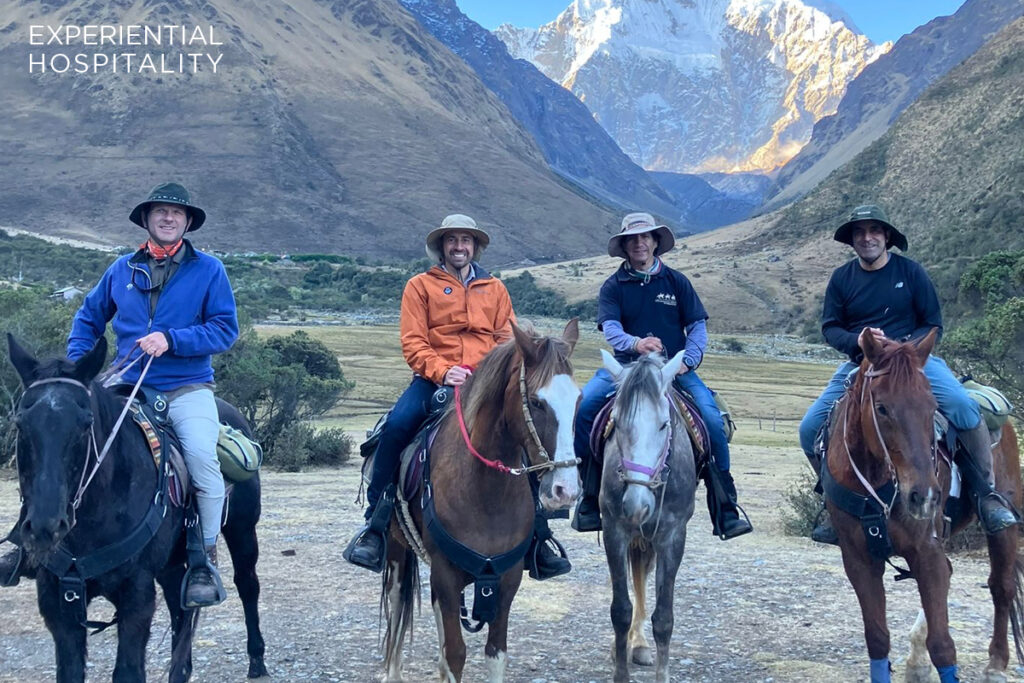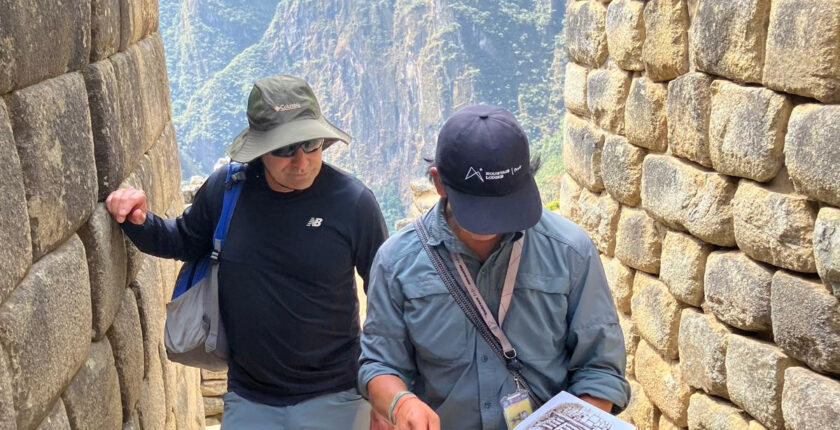A brief Coffee Table Chat on His Journey in Sustainability
One-on-One with Juan Breiding
Juan Breiding’s journey in sustainability began with a spark of inspiration from an unexpected source. Over the years, this spark ignited a deep-seated commitment that has shaped not only his personal life but also his approach to leading in the travel and hospitality industry. In this conversation, Juan shares how a simple decision can ripple out to create lasting impacts, both for the environment and the businesses that dare to prioritize sustainability. His insights promise to challenge and inspire—inviting us all to rethink how we travel, live, and lead.
1. What does sustainability mean to you within the travel and hospitality industry, and how do you define it in both your professional and personal life??
Sustainability in the travel and hospitality industry means creating long-term, positive impacts on the environment, society, and economy. All these actions must be conceived with an emphasis on the financial sustainability of the travel and hospitality company to ensure long-term orientation.
In my personal life, I was deeply moved by Al Gore’s movie “An Inconvenient Truth” and its sequel, “An Inconvenient Sequel,” released in 2006-2007 and 2017, respectively. I watched them many times and understood that we must act boldly and swiftly to stop damaging our planet and have faith in our future.
Because of this, I started paying more attention to minimizing the ecological footprint, preserving natural resources, and improving resource efficiency in my house and my choices.
Not long after, my personal choices affected my professional decisions. In one of the hotels I managed, we made a significant investment in solar panels to provide 100% of the required energy.
2. How do you incorporate sustainability into your trips, and what practices do you follow to ensure your travels are environmentally friendly?We also replaced single-use plastics before it became mandatory and worked hard to reduce waste.
I incorporate sustainability by avoiding the use of plastic as much as possible. I pay special attention to things such as avoiding leaving the lights or air conditioning on. I dry with the same towel regardless of how many nights I am at an accommodation.
When possible, I try to choose hotels or lodges that communicate a coherent message on topics such as environmental protection, cultural respect, resource efficiency, social equity, and promote responsible practices.

3. In your view, what is the most significant challenge that travel and hospitality businesses encounter when striving to become more sustainable, and how do you suggest they overcome it?
The most significant challenge isn’t always about the cost of sustainable equipment or systems, although that can be a factor. The real hurdle often lies in the discipline “Not long after, my personal choices affected my professional decisions. In one of the hotels I managed, we made a significant investment in solar panels to provide 100% of the required energy.” 3 and consistency required in daily operations, like segregating waste, composting, recycling, and saving energy and water. These practices don’t necessarily require huge investments, but they do demand a committed leadership that sets the tone from the top. If the leadership is genuinely committed to sustainability, it becomes much easier for the rest of the team to follow suit.
When it comes to equipment and systems, the initial investment can indeed be a concern. However, a thorough financial analysis often reveals that the payback period is much shorter than anticipated. Investing in sustainability not only benefits the environment but also enhances the long-term viability of the business. Doing good for the planet always pays off, both financially and ethically.

